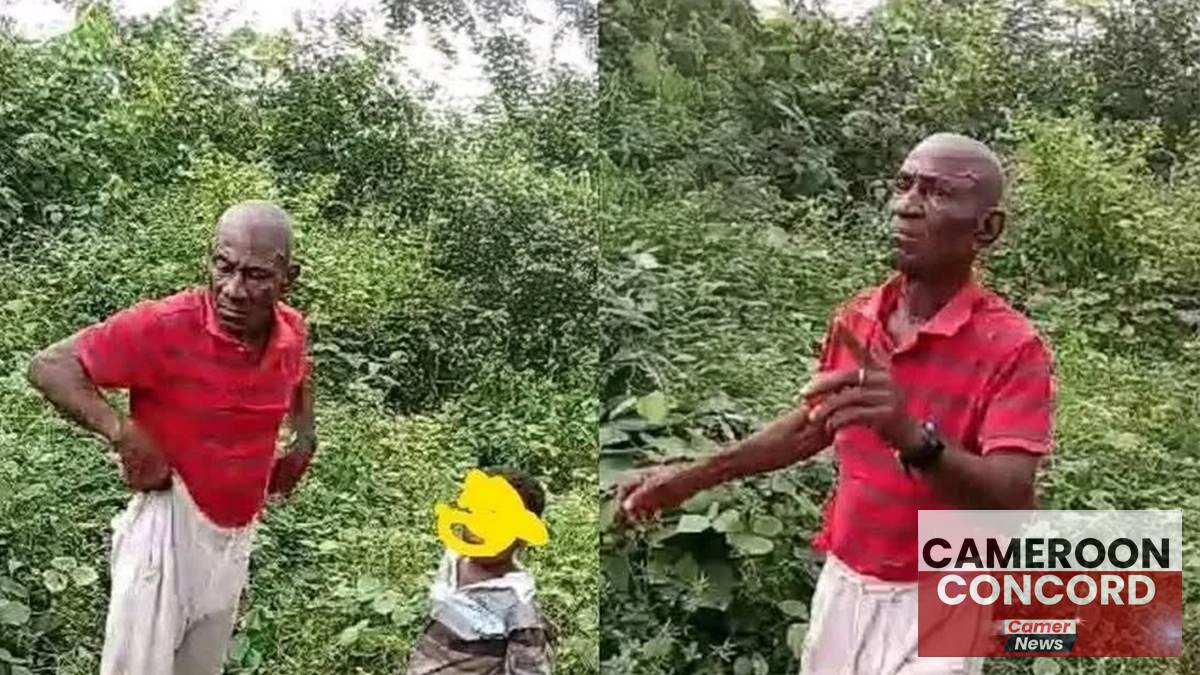- Details
- Headlines
Rwanda-DRC Conflict Nears Breakthrough as Draft Peace Deal Heads to White House
May 6, 2025 | KINSHASA/KIGALI/WASHINGTON — Rwanda and the Democratic Republic of Congo have submitted preliminary peace proposals in a renewed U.S.-led push to end the brutal conflict in eastern Congo, U.S. officials said Tuesday.

Massad Boulos, Senior Adviser to U.S. President Donald Trump on Africa and the Middle East, confirmed receipt of draft texts from both parties, calling the submissions “an important step towards sustainable peace in the Great Lakes region.”
The conflict has escalated in recent months following major territorial gains by the M23 rebel group, which Kinshasa accuses Rwanda of backing—an allegation Kigali denies. The group seized key urban centers including Goma and Bukavu earlier this year, displacing more than 7 million people and triggering a humanitarian crisis described by the United Nations as one of the world’s most severe.
“The documents submitted reflect good faith efforts by both countries to resolve their differences diplomatically,” said Boulos during a briefing in Washington. “We are hopeful that a final accord can be reached in the coming weeks.”
Negotiators aim to finalize the deal by mid-June, with a formal signing ceremony tentatively scheduled to take place at the White House, in the presence of Presidents Paul Kagame and Félix Tshisekedi and U.S. President Donald Trump.
The draft proposals stem from an April meeting hosted in Washington under the oversight of U.S. Secretary of State Marco Rubio, during which both sides committed to a political settlement. The new initiative seeks to replace past regional efforts, such as the failed Luanda and Nairobi processes, which collapsed amid mutual recriminations and resumed hostilities.
Geopolitical and Economic Stakes
Eastern Congo holds some of the largest untapped reserves of critical minerals such as cobalt, copper, and gold—resources that have attracted increased global attention amid rising demand for green energy technologies. U.S. and European firms are eyeing access to these strategic assets, with diplomatic sources indicating that a peace deal could unlock billions of dollars in Western investment.
“The mineral wealth of eastern Congo should benefit its people, not fund warlords or regional conflict,” Boulos said. “Peace is essential for a responsible and secure investment environment.”
Regional and Global Tensions
Tensions between Rwanda and Congo have surged since M23’s resurgence in 2022. Rwanda has been accused by U.N. investigators and multiple human rights groups of supporting the rebel group, a charge Kigali consistently denies. Congo, meanwhile, has deepened military cooperation with regional actors, including Angola and South Africa, to counter the insurgency.
Analysts warn that any deal would require robust enforcement mechanisms and sustained international backing to prevent relapse into violence.
“There is cautious optimism,” said Moïse Tshikala, a conflict analyst based in Goma. “But the real test will be implementation on the ground and genuine political will.”
Humanitarian Fallout
According to the International Organization for Migration, over 7 million people have been displaced by the fighting, with more than 40% lacking access to clean water, healthcare, or basic shelter. Aid agencies report a severe shortage of funding, with only 25% of the $1.8 billion UN appeal for Congo met so far this year.
Both sides have committed in their draft proposals to uphold international humanitarian law and guarantee access for relief organizations to displaced populations in rebel-held areas.
Next Steps
Negotiations will continue later this month in Addis Ababa, facilitated by African Union observers and U.S. mediators. Should the deal materialize, it would mark a rare diplomatic breakthrough in a region long plagued by cycles of war and foreign interference.
Observers caution that without structural reforms and regional economic integration, the root causes of the conflict—including competition over land, resources, and ethnic representation—may remain unresolved.
- Details
- News Team
- Hits: 3504
Local News
- Details
- Society

Kribi II: Man Caught Allegedly Abusing Child
- News Team
- 14.Sep.2025
- Details
- Society

Back to School 2025/2026 – Spotlight on Bamenda & Nkambe
- News Team
- 08.Sep.2025
- Details
- Society

Cameroon 2025: From Kamto to Biya: Longue Longue’s political flip shocks supporters
- News Team
- 08.Sep.2025
- Details
- Society

Meiganga bus crash spotlights Cameroon’s road safety crisis
- News Team
- 05.Sep.2025
EditorialView all
- Details
- Editorial

Robert Bourgi Turns on Paul Biya, Declares Him a Political Corpse
- News Team
- 10.Oct.2025
- Details
- Editorial

Heat in Maroua: What Biya’s Return Really Signals
- News Team
- 08.Oct.2025
- Details
- Editorial

Issa Tchiroma: Charles Mambo’s “Change Candidate” for Cameroon
- News Team
- 11.Sep.2025
- Details
- Editorial





